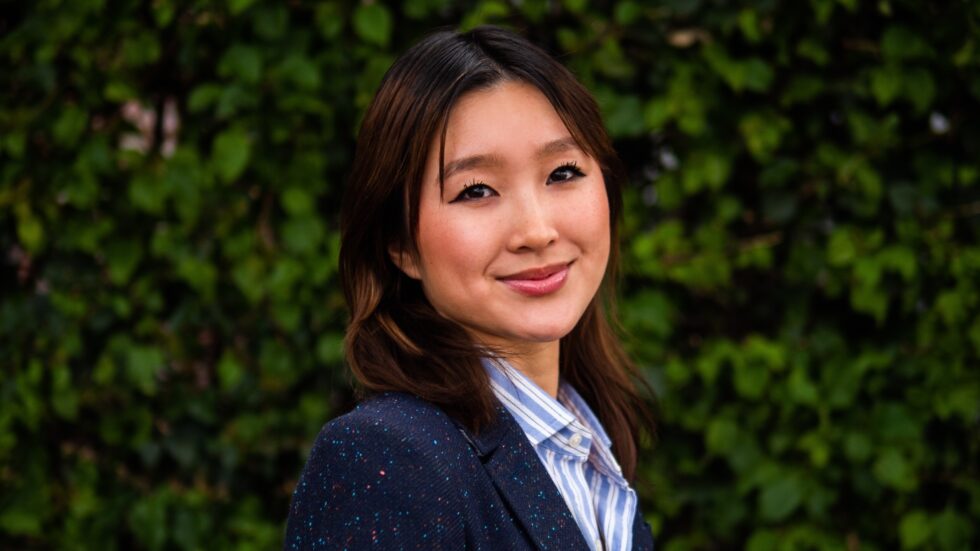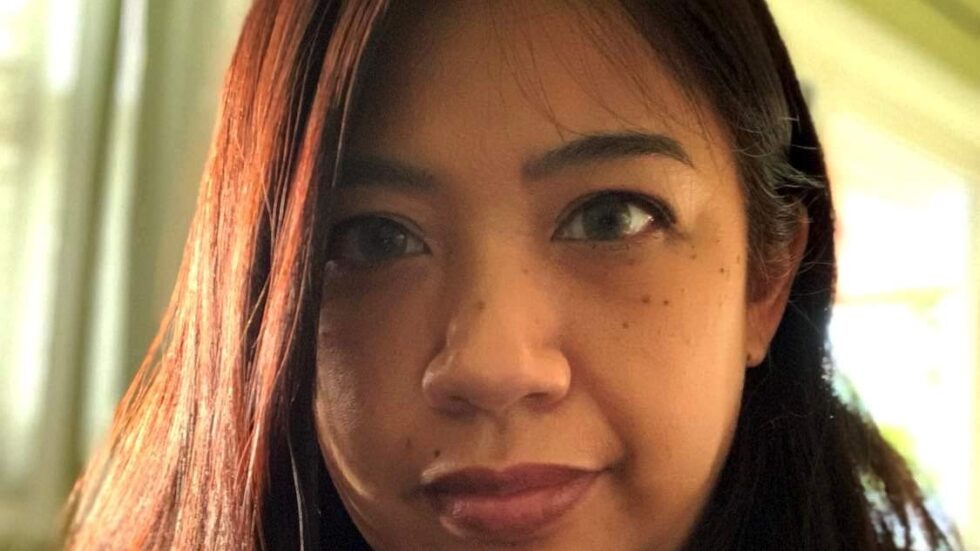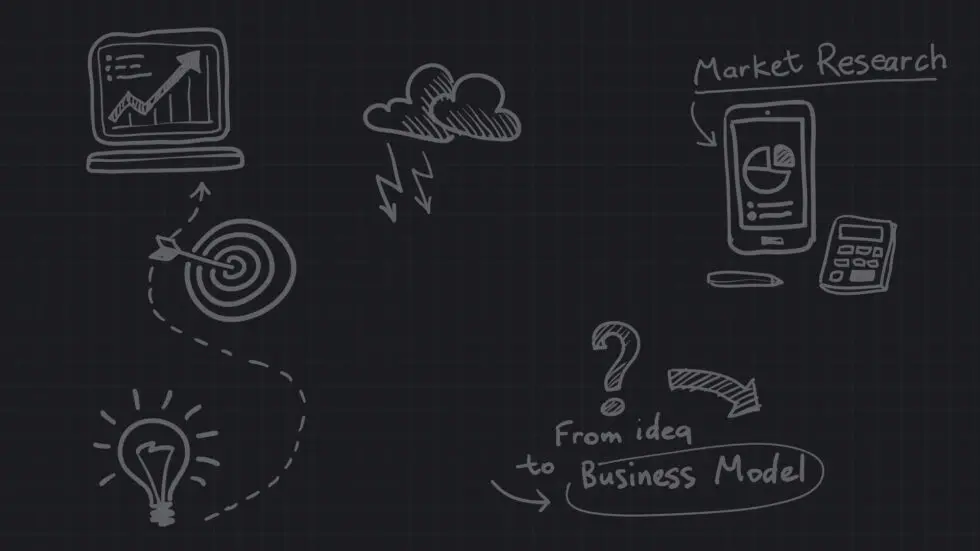
TIFFANY HUE
Tiffany Hue is a Production Coordinator at BENlabs. She began her career in comedy development, and has since discovered her passion for bridging brands and entertainment. At the core of her work is elevating culture to the forefront of media, and she is a champion of content that exhibits authenticity and representation.

KRISTINA PARSONS
Kristina Parsons has been an Assistant Propmaster in Local 44 for 17 years. Her credits include Californication, The Middle, Fresh Off the Boat, and Barry. If she’s not at work, she’s either traveling abroad, volunteering at a Red Cross blood drive, or locked in an escape room solving puzzles to get out.

Q: What challenges did you overcome in getting to the position you’re in today?

A: The biggest challenge was getting started. I moved to Los Angeles from Chicago 20 years ago not knowing anyone in the industry, where to start looking for work, or even what kind of jobs were available. One of the things I love about this job is that no one took the same path to get to that set, but that also means there’s no “best” way into the industry. For me, it was a matter of working on student and low-budget films, just learning how to do the job. Those projects introduced me to some great people who introduced me to some more great people, and here we are!
The other challenge, if I’m being honest, was getting out of my own head. The industry was extremely male-dominated, and I had a major case of imposter syndrome. I struggled with feelings that I didn’t belong, that I couldn’t ask for help because it was a sign of weakness, that I wasn’t worth the money they were paying me. Those feelings don’t ever really go away, but they lessen every time I get asked back or am recommended for another job. It’s also been great to see more and more women in my field!

Q: What’s the biggest piece of advice you have for aspiring propmasters?

A: Never stop learning and work for everyone you can. Just as everyone came to this industry differently, propmasters do the job uniquely as well. I found it so valuable to work for a variety of propmasters, seeing how they set up their crews, and just generally watching them work. One of the best traits a prop person can have is being very observant of the world around you, and that goes for on the job as well. Another thing I’d say is don’t be afraid to take risks. It can be scary to say yes to something you’ve never done before, but if you think about it, everything you’ve ever done, you had to do for the first time once. And so did everyone else.

Q: What needs to happen for the industry to bring more diverse talent into the fold?

A: More diversity will only help this craft. In props, we need to know a little bit about everything, and the more perspectives and life experiences among our crews, the better. I think awareness is going to be very important in bringing in others who don’t even know that this is a career path. Growing up, my parents always drilled into me that I needed to become a doctor or engineer. In high school, I fell in love with building and painting sets and props for the theater department and was absolutely determined to always be involved with behind-the-scenes work. But I didn’t know that I could actually do it for a living. So, I feel that the key is putting it out there in high schools when kids are deciding what they want to do. Show them that it’s not just about acting and directing, but there are a plethora of opportunities for every skillset.

Q: Where do you see AAPI representation in entertainment in 5-10 years? How do you think it will evolve?

A: I feel like the Asian community is having its era in Hollywood right now! It’s very exciting and I hope the trend continues in the future. However, behind the camera, it is very much still lagging. While I’ve definitely seen more AAPI representation than when I first started, it is more than a little disappointing not to see more of those faces on the sets of these AAPI shows. Ideally, I think these shows should reflect the community that they are showcasing. In general, though, I hope to see more diversity as a whole throughout the industry, especially in Los Angeles, where the city’s broad range of population is not echoed in the people who make the content that shapes the country. But in a sign of hope for the future, my current team is the most diverse prop crew I’ve ever worked with, which is awesome!

Q: What role do props play in bringing a story to life?

A: The props can be the star of the show, like Luke Skywalker’s lightsaber. They can also lay low in the background, but still tell the story in a more subtle way. Someone can say, “I’m leaving the house for a while”, or they can say nothing and just grab their phone, keys, and wallet on their way out the door. I like to think that we help establish a character’s identity in a similar fashion that the costumes, hair, and makeup do. What kind of cell phone and case would this person have? Do they have a keychain on their keys with something fun on it? These tiny little details might not get noticed, but they’re things that we think about all the time, and they help the actors immerse themselves in their characters.
A funny story comes to mind from the last show I worked on. We were doing a scene in a prison cafeteria, so we did some research beforehand on what kind of meals are served in prison, what do the trays look like, etc. At some point during the day one of the background artists playing an inmate came over to where we were setting the food up and complimented us on how accurate the meal was. “I spent some time in prison and this is exactly what they gave us. Great job!” As odd as it was, I loved hearing that!


